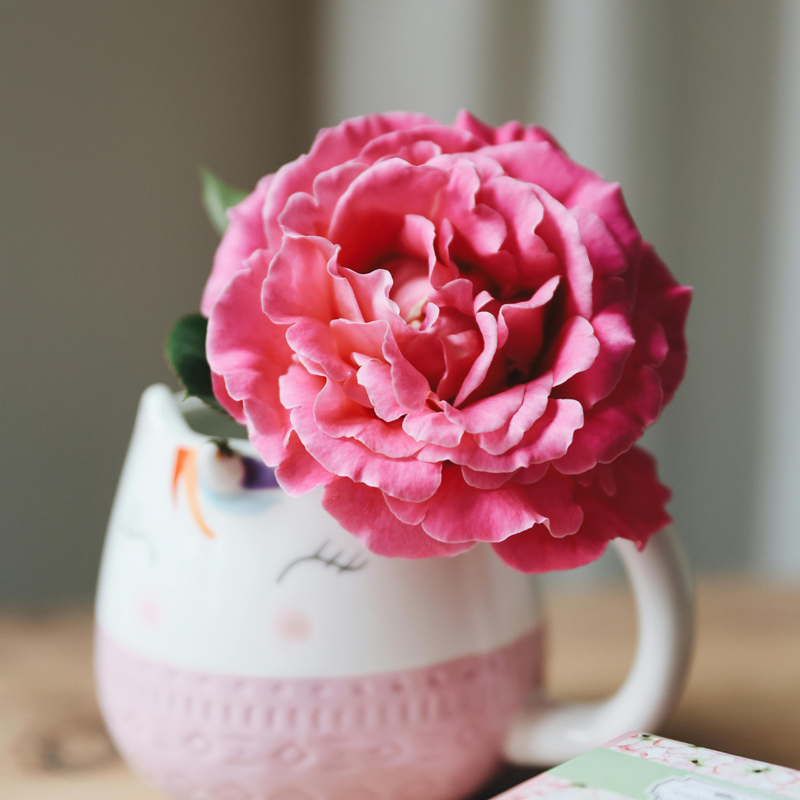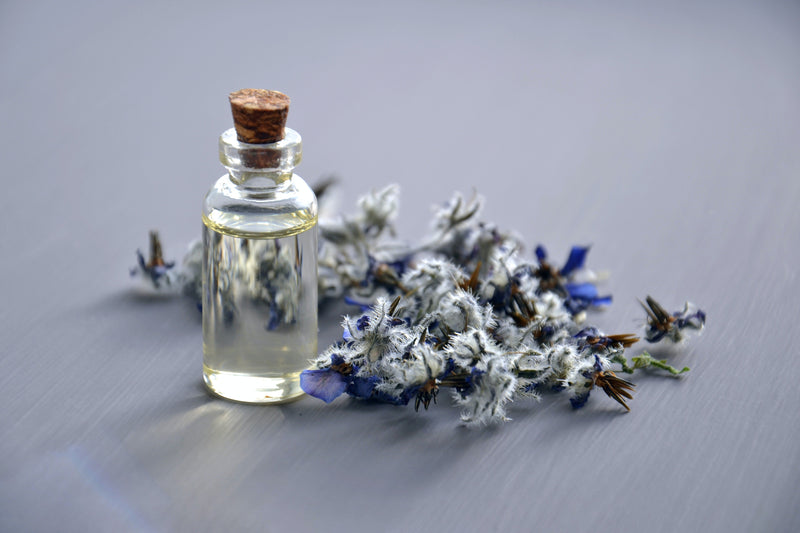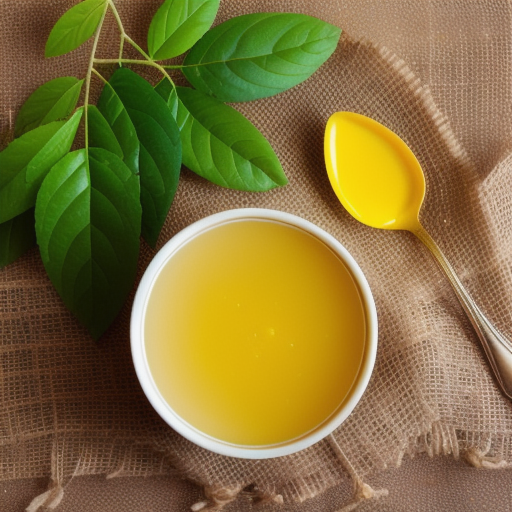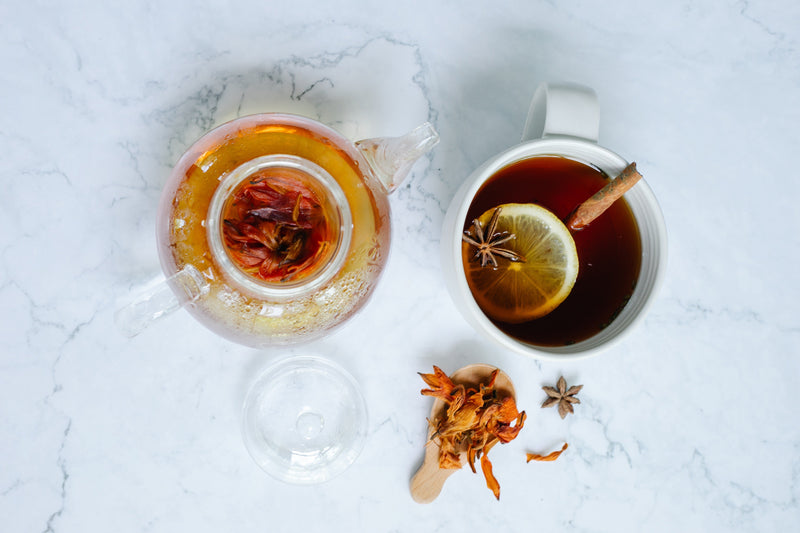As we cross the threshold of 40, our bodies and minds begin to experience shifts, often influenced by the transition into the Pitta (mid-life) and eventually Vata (later life) stages of life according to Ayurveda. This is a crucial time to consciously slow down, prioritize self-care, and reduce stress to maintain balance and vitality.
[Note: This blog post may contain affiliate links, which means if you make a purchase through them, we may earn a small commission at no extra cost to you. You may even receive discounts on certain products. We only recommend products we genuinely believe in and use ourselves. Thank you for supporting Prakriti Sattva! ]
Here are some Ayurvedic and holistic tips tailored for this phase:
1. Embrace a Rhythmic Daily Routine (Dinacharya)
Consistency is key as we age. A predictable routine helps ground the Vata dosha, which can become more prominent after 40, bringing qualities of dryness, lightness, and mobility that can contribute to anxiety and restlessness.
- Wake Early: Ideally before 6 AM, to align with the Kapha time of day, promoting lightness and regularity.
- Morning Rituals: Start with tongue scraping, drinking warm water (optionally with some lemon), and a few minutes of meditation or gentle stretching.
- Regular Meal Times: Eat your main meal at lunchtime when your digestive fire (Agni) is strongest, and opt for lighter dinners.
- Consistent Bedtime: Aim to be in bed by 10 PM to allow for adequate rest and repair before the Vata time of night sets in.
2. Nourish Your Body Wisely
What and how you eat significantly impacts your energy levels and stress response.
- Warm, Cooked Foods: Favor warm, easy-to-digest, cooked meals. Reduce cold, raw, and dry foods that can aggravate Vata and Pitta. Soups, stews, and well-cooked grains and vegetables are excellent choices.
- Healthy Fats: Incorporate healthy fats like cultured ghee (clarified butter), olive oil, and avocado to lubricate tissues, support the nervous system, and aid digestion.
- Mindful Eating: Eat in a calm environment, chew thoroughly, and eat until you're about 75% full.
- Hydration: Sip warm water throughout the day. Avoid excessive cold or iced drinks.
3. Cultivate Calm with Daily Practices
Integrating stillness into your day is paramount for stress reduction.
- Mindful Movement: Choose gentle exercises like yoga (especially restorative or Hatha), walking in nature, or Tai Chi. Avoid overly strenuous activities that can deplete energy.
- Pranayama (Breathwork): Simple breathing exercises like Nadi Shodhana (Alternate Nostril Breathing) or Bhramari (Humming Bee Breath) can quickly calm the nervous system.
- Meditation & Reflection: Even 10-15 minutes of daily meditation or quiet reflection can make a profound difference in your ability to handle stress.
- Self-Oil Massage (Abhyanga): A daily warm oil massage using a nourishing Vata Body oil can be incredibly grounding, soothing for the skin and nervous system, and promotes better sleep.
4. Prioritize Rest and Sleep
Quality sleep becomes even more crucial for repair and rejuvenation.
- Create a Sacred Sleep Space: Ensure your bedroom is dark, quiet, and cool.
- Wind-Down Routine: Avoid screens an hour before bed. Instead, read a calming book, listen to soothing music, or take a warm bath.
- Warm Milk/Herbal Tea: A cup of warm milk with a pinch of nutmeg or a calming herbal tea (like chamomile or brahmi) before bed can promote restful sleep.
5. Mind Your Mental & Emotional Well-being
Beyond physical practices, nurture your inner landscape.
- Limit Overstimulation: Reduce exposure to excessive news, social media, and chaotic environments.
- Set Boundaries: Learn to say no to commitments that overextend you. Protect your time and energy.
- Connect with Nature: Spend time outdoors daily. Grounding yourself in nature is immensely therapeutic.
- Cultivate Joy: Make time for hobbies, creative pursuits, and spending time with loved ones who uplift you.
- Herbal Support: Consider adaptogenic herbs like Ashwagandha (for calming and strength) or Brahmi (for mental clarity and stress reduction), always consulting with an Ayurvedic practitioner or healthcare provider.
These tips integrate ancient Ayurvedic wisdom with holistic health principles, offering a comprehensive approach to gracefully navigate life after 40. By making small, consistent changes, you can significantly enhance your well-being and cultivate a calmer, more joyful existence.
Do any of these tips resonate with you, or would you like to explore a specific area in more detail? Get a personalized Ayurvedic Consultation with the Ayurvedic Practitioner here.

























